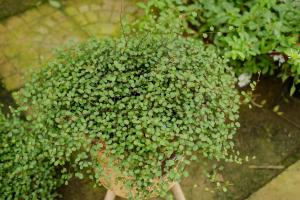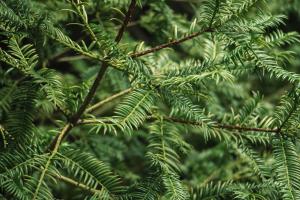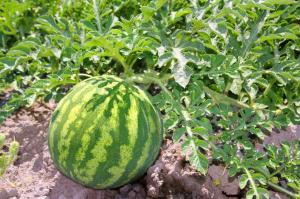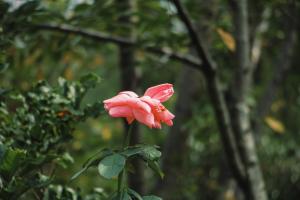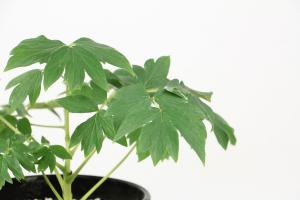1、 Curing method
1. Temperature: within 15 to 25 degrees, it is most conducive to its growth. Not too hot or too cold. In summer, pay attention not to exceed 30 degrees and need more ventilation. In winter, try to be above five degrees before it can be in a safe state
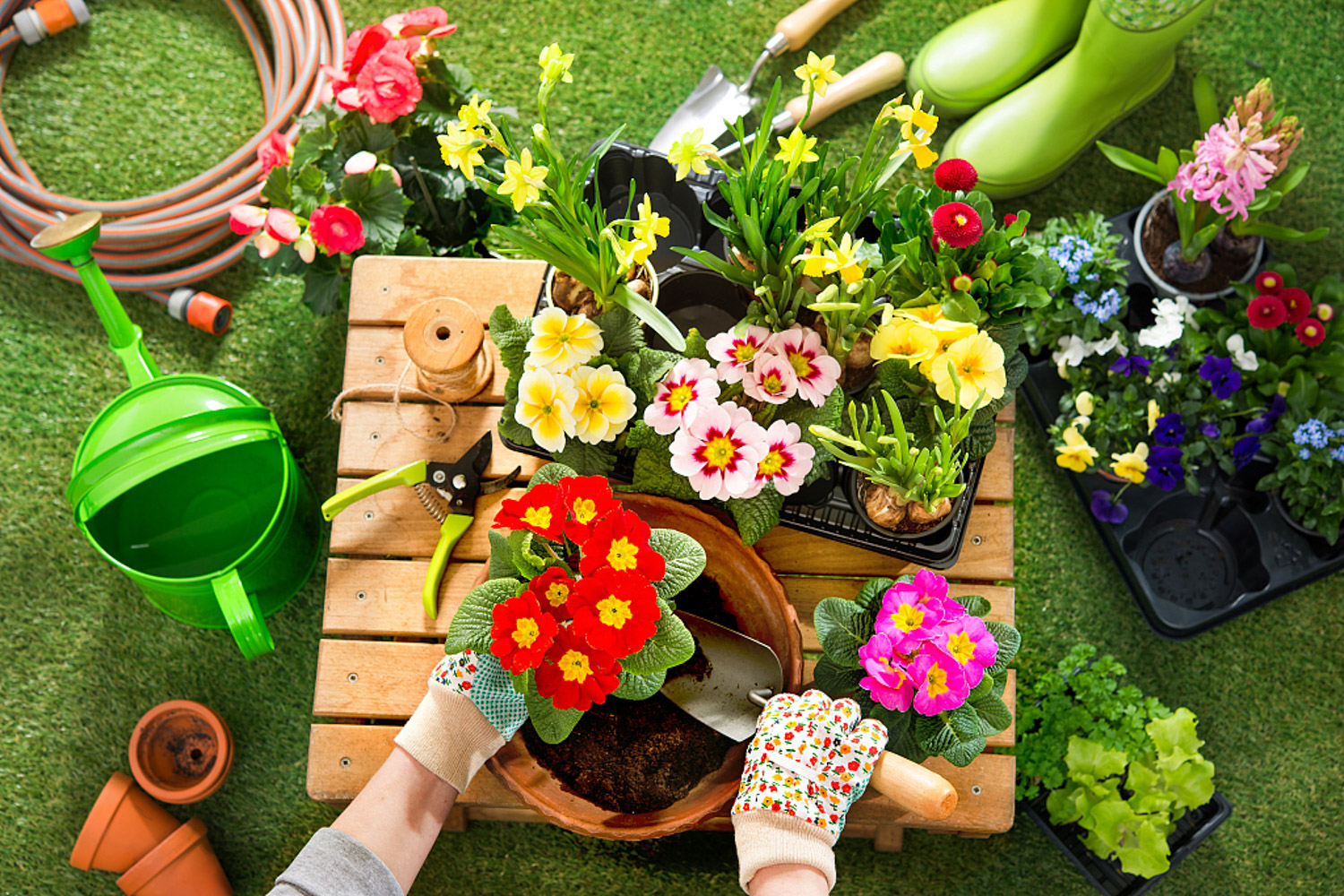
2. Light: Although Dharma Fu Niang's demand for sunshine is not too much, it's impossible to be completely dark. Provide an appropriate amount of astigmatism, its plant type will be more compact and will not grow in vain, and as mentioned above, its color will look better. But in summer, don't let it see strong light
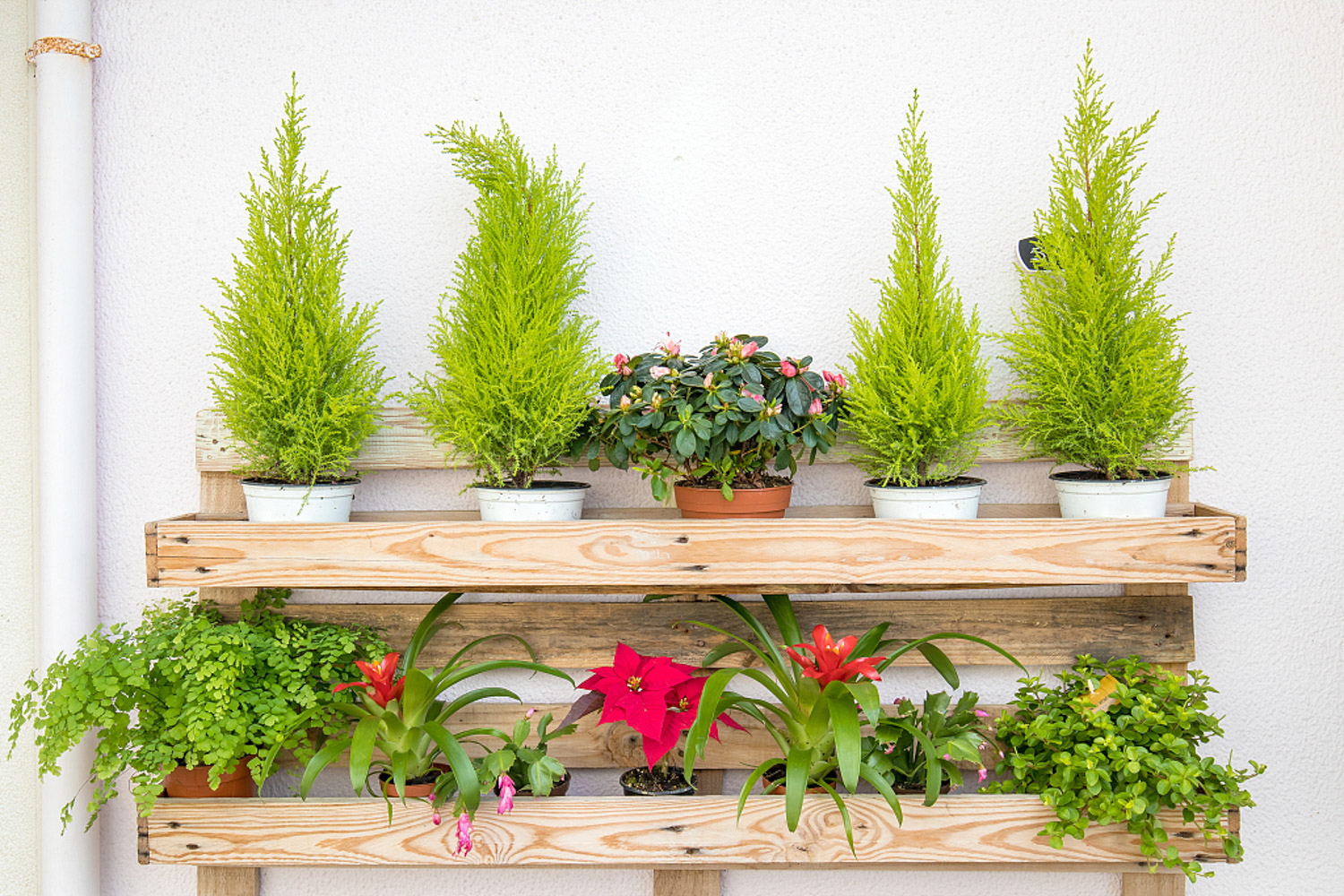
3. Watering: water can be replenished according to the method of "drying and then watering". Generally speaking, it needs more water in spring and autumn, so it needs to be moist. But in summer and winter, we have to control the amount of watering

4. Fertilization: Dharma Fu Niang doesn't need too much fertilizer. Applying too much will cause harm. Generally speaking, once or twice a month is OK. In addition, pay attention to the base fertilizer in the matrix
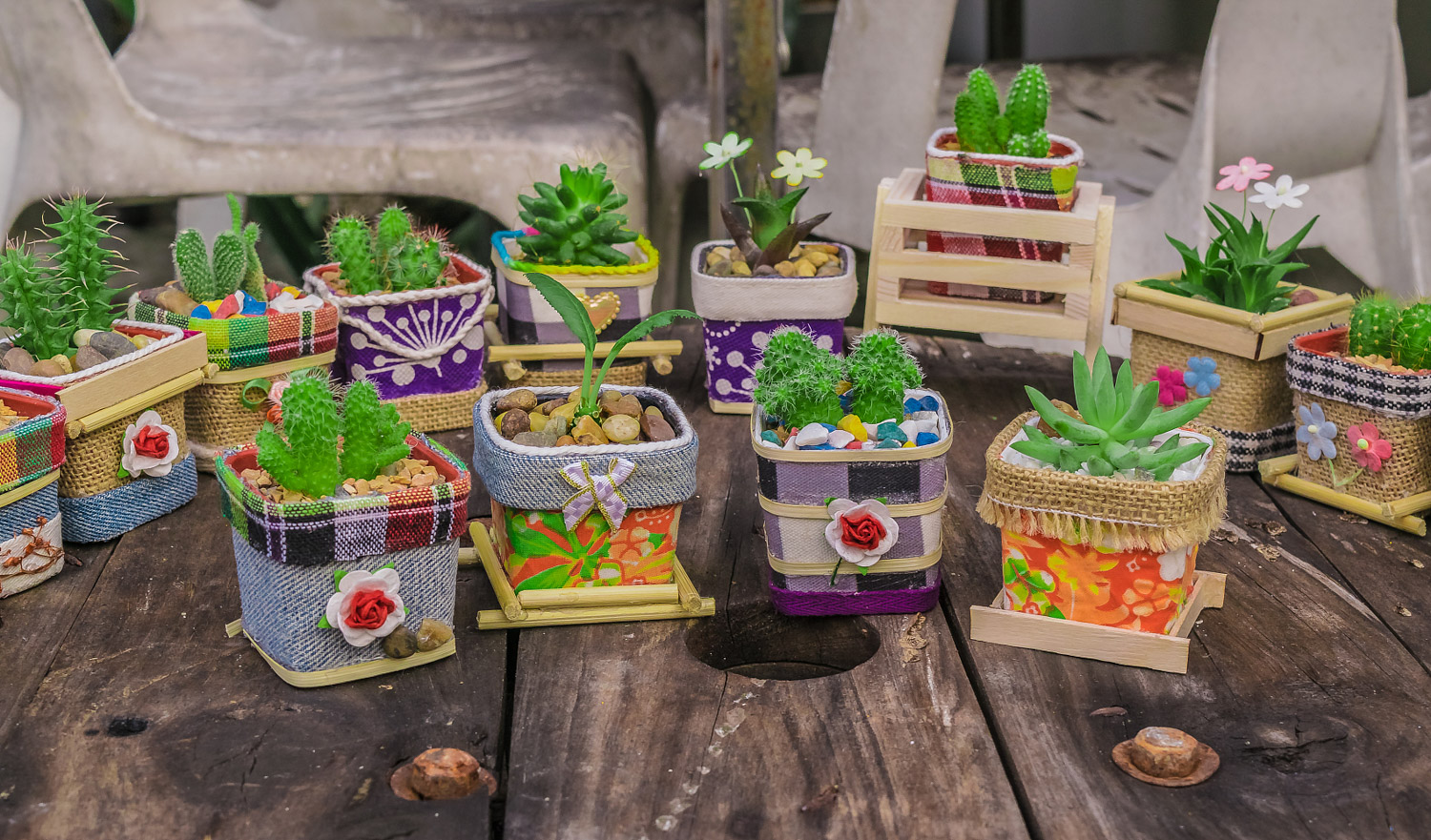
2、 Breeding skills
1. Propagation: the main method is cutting. During the growth period, it can be carried out. The ones with thick leaves and short stem nodes were selected as cuttings. Sandy soil can be selected as the matrix. After insertion, about 20 to 25 days later, it can take root. In this way, the probability of survival is relatively large
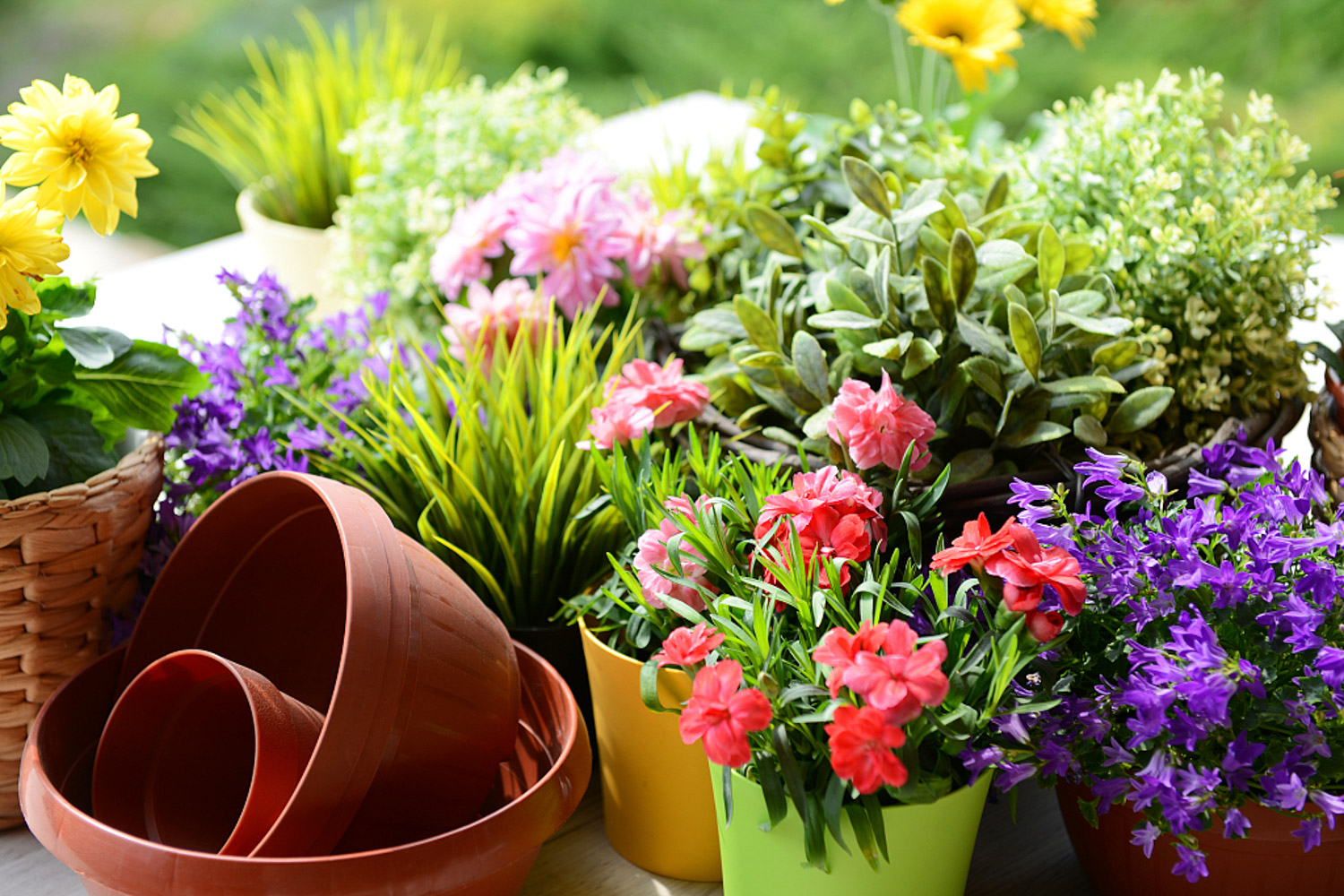
2. Changing pots: it's best to change them once a year, especially at the stage of rapid plant growth and high nutrient consumption. New soil can be prepared by yourself. For example, peat soil, vermiculite and perlite can be mixed as matrix, and the effect is good
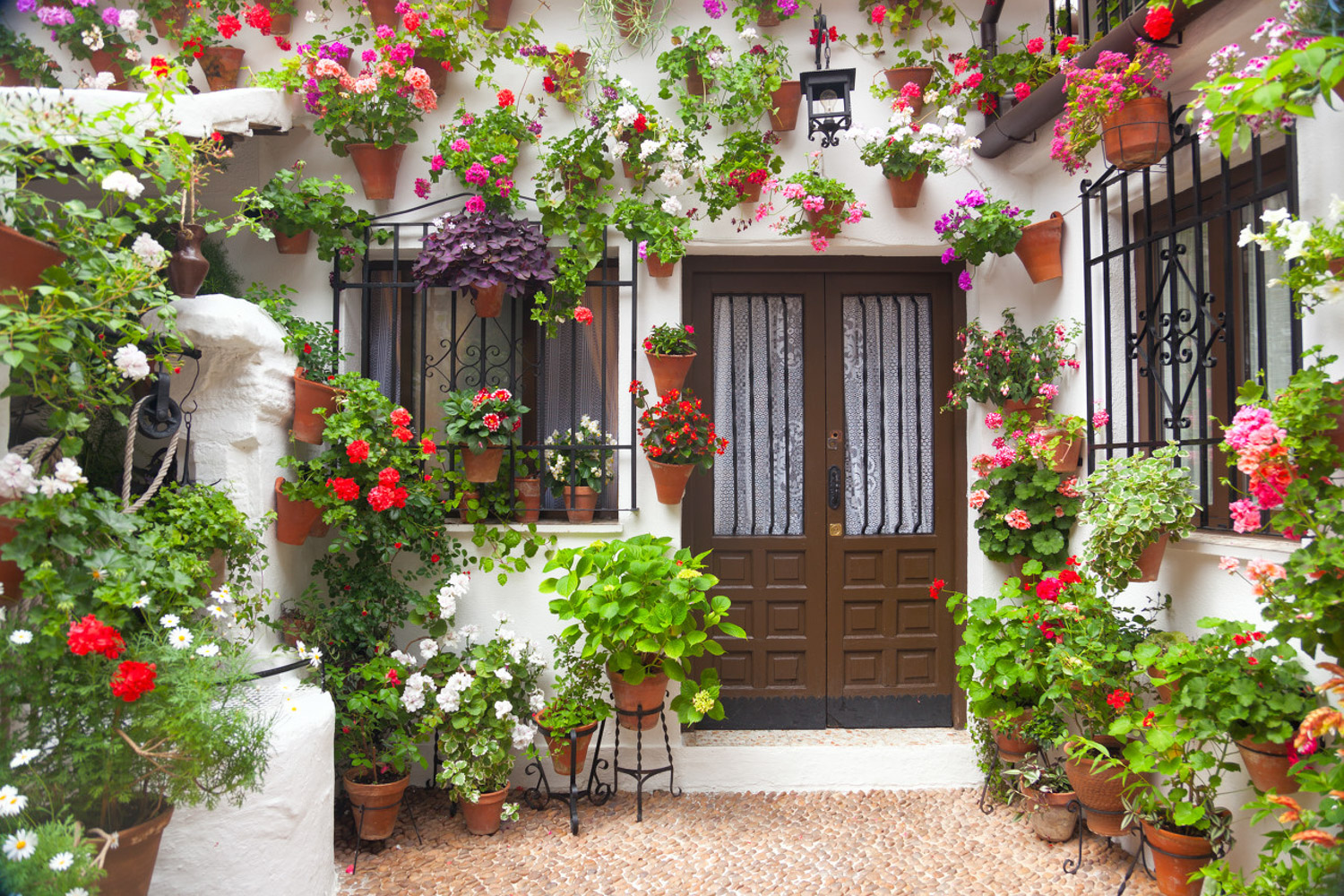
3、 Problem diagnosis and treatment
1. Diseases: some common diseases threaten the health of its leaves, such as "anthrax" in hot and humid seasons. Drugs can be used for treatment, such as chlorothalonil, and attention should be paid to cutting off and throwing away the infected leaves in time

2. Pests; Such as "aphid" and "red spider" are very common, especially in summer and autumn. At this time, their reproduction speed is also relatively fast, so they need to be used in time
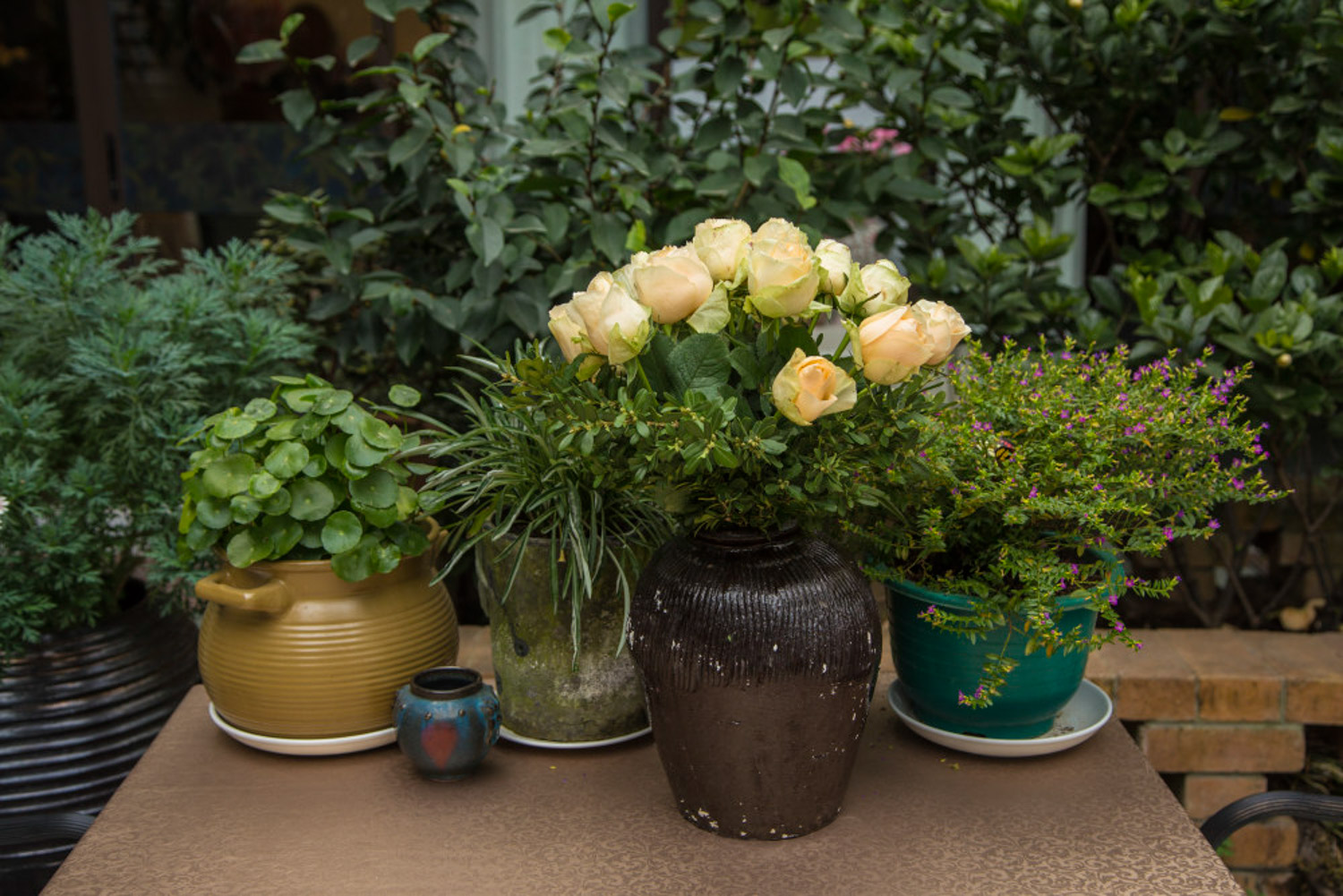
4、 Other issues
1. Toxicity: Dharma Fu Niang is not poisonous. Don't worry
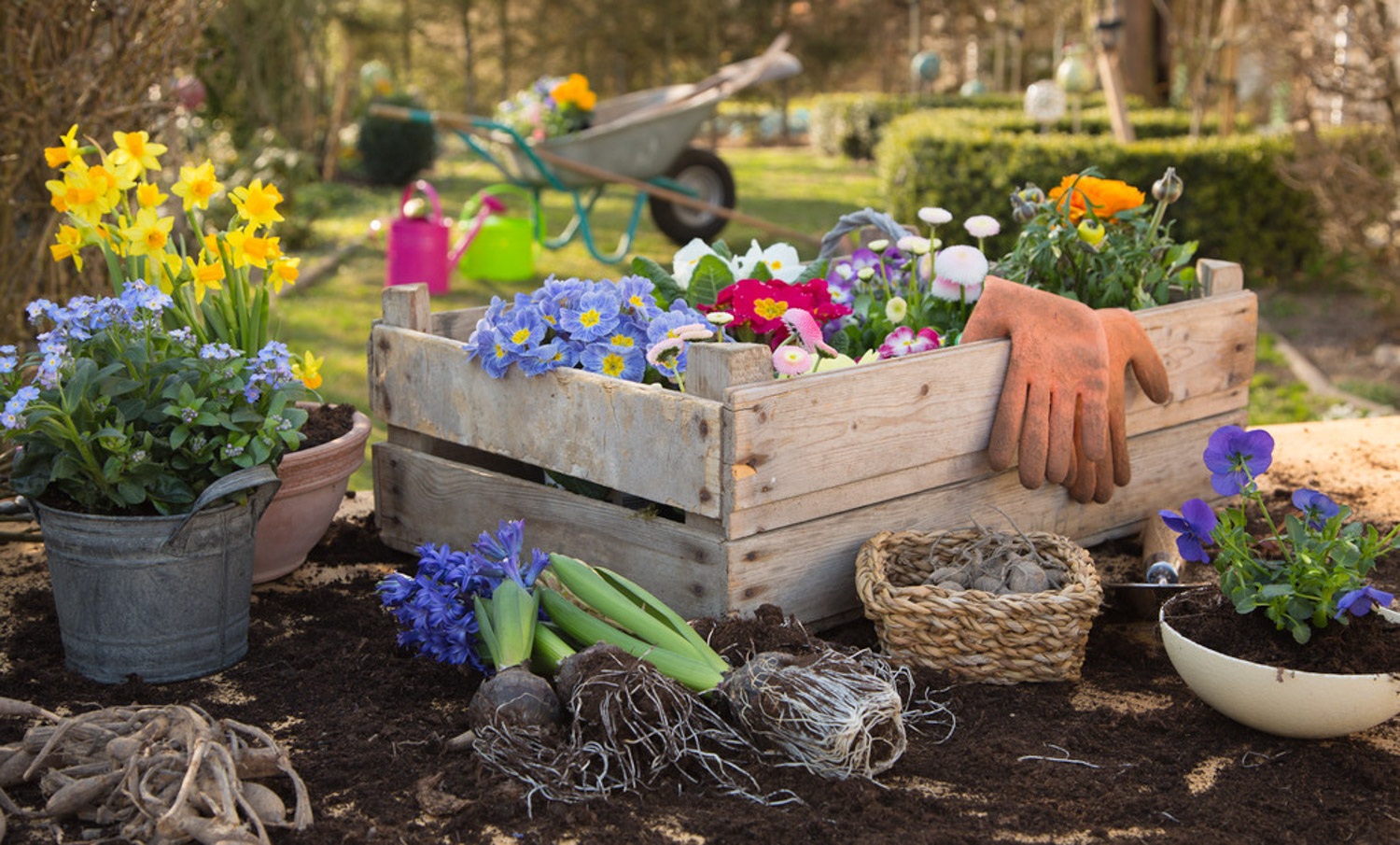
2. Whether it can be raised at home: very suitable. It is not only beautiful, but also has a special good smell< a>
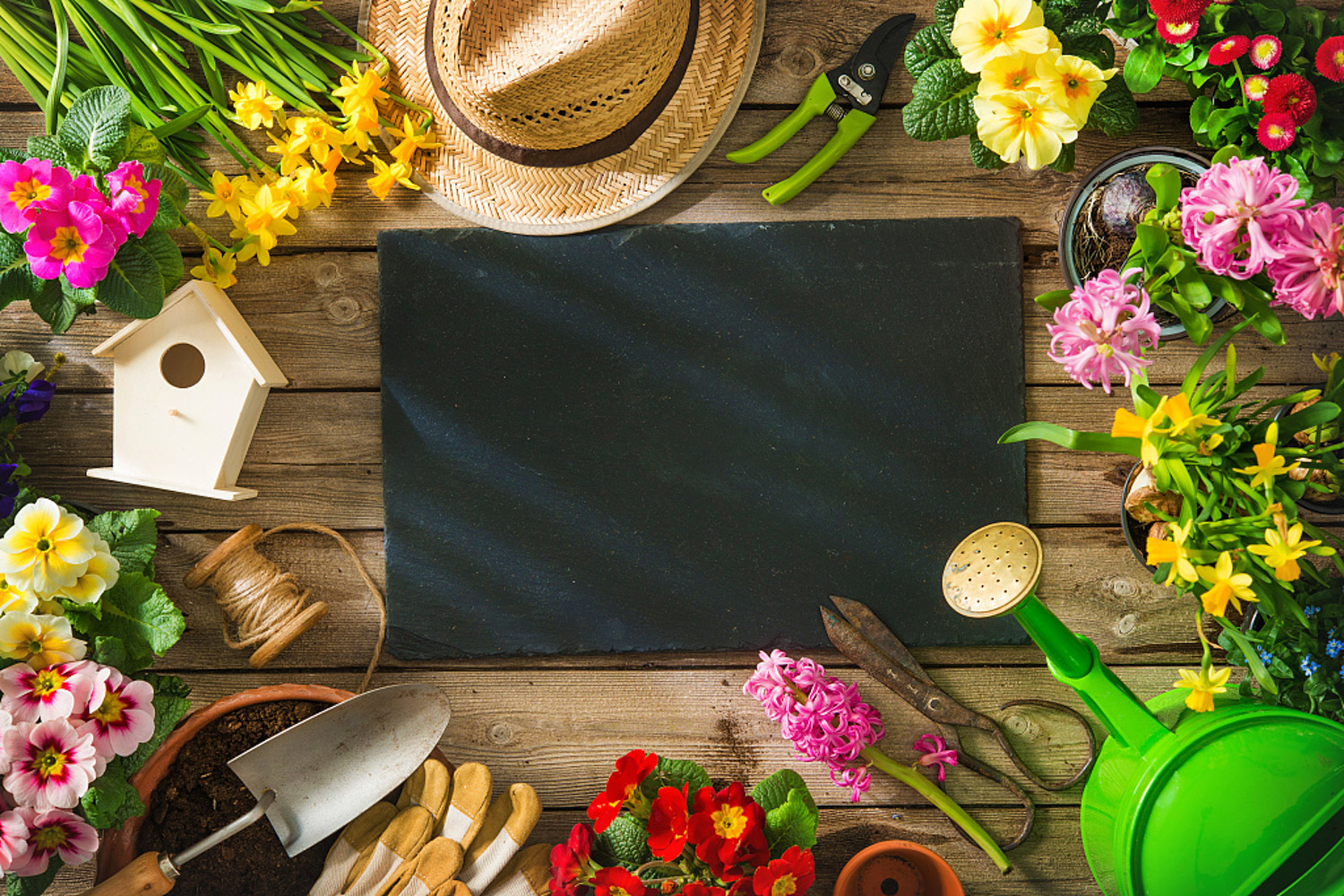

 how many times do yo...
how many times do yo... how many planted tre...
how many planted tre... how many pine trees ...
how many pine trees ... how many pecan trees...
how many pecan trees... how many plants comp...
how many plants comp... how many plants can ...
how many plants can ... how many plants and ...
how many plants and ... how many pepper plan...
how many pepper plan...